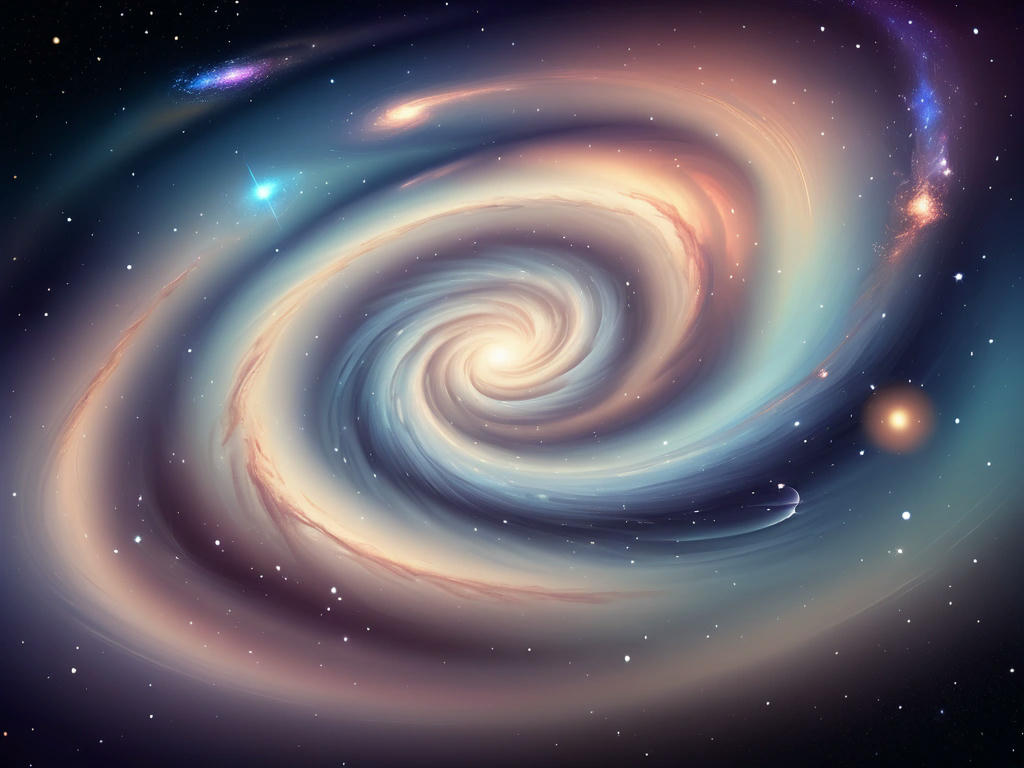Entropy, a concept born from the depths of thermodynamics, has evolved into a multifaceted idea that permeates various fields of science, from physics and chemistry to biology and information theory. At its core, entropy is a measure of disorder or randomness in a system. However, as we delve deeper into its implications, it becomes clear that entropy also reflects the limits of our knowledge and the unpredictability of the universe.
The concept of entropy was first introduced in the 19th century by Rudolf Clausius, who defined it as a measure of the amount of thermal energy unavailable to do work in a system. Since then, the concept has been expanded and refined, with contributions from scientists such as Ludwig Boltzmann and Willard Gibbs. Today, entropy is recognized as a fundamental property of the universe, governing the behavior of everything from the smallest subatomic particles to the vast expanse of the cosmos.
One of the most fascinating aspects of entropy is its relationship to information theory. In the 1940s, Claude Shannon developed a mathematical framework for understanding the fundamental limits of information processing and transmission. Shannon's work introduced the concept of entropy as a measure of the uncertainty or randomness of a message, and it has since become a cornerstone of modern communication theory. The connection between entropy and information highlights the profound insight that our understanding of the world is inherently limited by the amount of information we can process and comprehend.
The second law of thermodynamics, which states that the total entropy of a closed system will always increase over time, has far-reaching implications for our understanding of the universe. It suggests that the universe is constantly evolving towards a state of greater disorder and randomness, and that this process is irreversible. This realization has profound implications for our understanding of the arrow of time, and why we experience the world in a linear, causal fashion.
Despite the profound insights that entropy has provided, it remains a mysterious and often misunderstood concept. The relationship between entropy and the underlying laws of physics is still an active area of research, with scientists seeking to understand the fundamental mechanisms that drive the increase in entropy over time. Furthermore, the concept of entropy has been applied to a wide range of fields, from economics and sociology to philosophy and psychology, often with mixed results and interpretations.
In conclusion, entropy is a complex and multifaceted concept that reflects the limits of our knowledge and the unpredictability of the universe. As we continue to explore and understand the workings of the cosmos, entropy remains a powerful tool for describing the behavior of complex systems and the fundamental laws that govern them. Yet, it also serves as a reminder of the profound mysteries that still await us, and the humility that comes with recognizing the boundaries of our understanding.

